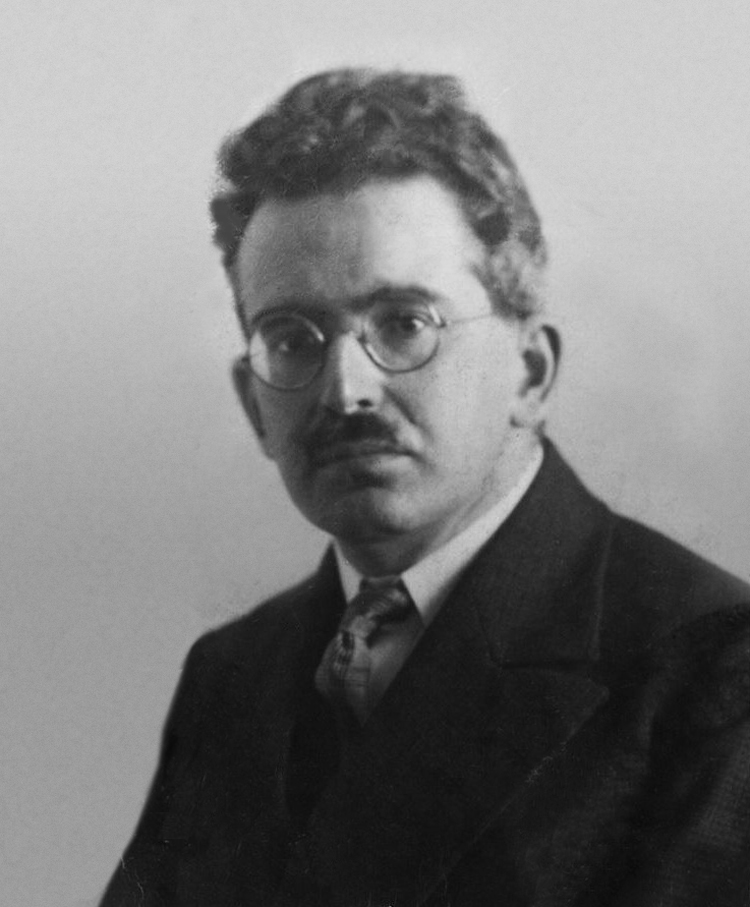Frases célebres de Walter Benjamin
Fuente: Dirección única.
Frases de fe de Walter Benjamin
Fuente: Dirección única.
Fuente: Sócrates.
Fuente: El surrealismo. La última instantánea de la inteligencia europea.
Walter Benjamin Frases y Citas
Fuente: Tesis de Filosofía de la historia.
Fuente: Tesis de Filosofía de la historia.
Fuente: Sombras breves.
Fuente: [Benjamin, Walter, El Autor como Productor, Ponencia presentada por el autor en el Instituto para el estudio del fascismo., 1934, abril, http://www.seminariomodernidad.unam.mx/Archivo%20Benjamin%20Web/traducciones/Walter%20Benjamin,%20El%20autor%20como%20productor.pdf, 15 de marzo de 2018]
Fuente: El autor como productor.
Walter Benjamin: Frases en inglés
Der Kapitalismus ist vermutlich der erste Fall eines nicht entsühnenden, sondern verschuldenden Kultus. ... Ein ungeheures Schuldbewußtsein das sich nicht zu entsühnen weiß, greift zum Kultus, um in ihm diese Schuld nicht zu sühnen, sondern universal zu machen, dem Bewußtsein sie einzuhämmern und endlich und vor allem den Gott selbst in diese Schuld einzubegreifen.
Translated by Chad Kautzer in The Frankfurt School on Religion: Key Writings by the Major Thinkers (2005), p. 259
Capitalism as Religion (1921)
Note B
Theses on the Philosophy of History (1940)
Alle zweckmäßigen Lebenserscheinungen wie ihre Zweckmäßigkeit überhaupt sind letzten Endes zweckmäßig nicht für das Leben, sondern für den Ausdruck seines Wesens, für die Darstellung seiner Bedeutung.
The Task of the Translator (1920)
So dürfte von einem unvergeßlichen Leben oder Augenblick gesprochen werden, auch wenn alle Menschen sie vergessen hätten. Wenn nämlich deren Wesen es forderte, nicht vergessen zu werden, so würde jenes Prädikat nichts Falsches, sondern nur eine Forderung, der Menschen nicht entsprechen, und zugleich auch wohl den Verweis auf einen Bereich enthalten, in dem ihr entsprochen wäre: auf ein Gedenken Gottes.
The Task of the Translator (1920)
"Experience" (1913) as translated by L. Spencer and S. Jost, in Walter Benjamin: Selected Writings, Vol. 1 (1996), pp. 4-5
Für die Romantiker und für die spekulative Philosophie bedeutete der Terminus kritisch: objektiv produktiv, schöpferisch aus Besonnenheit. Kritisch sein hieß die Erhebung des Denkens über alle Bindungen so weit treiben, daß gleichsam zauberisch aus der Einsicht in das Falsche der Bindungen die Erkenntnis der Wahrheit sich schwang.
The Concept of Criticism in German Romanticism (1919)
“History breaks down in images not into stories.”
Arcades Project (1927-1940)
“Criticism and prophecy must be the two categories that meet in the salvation of the past”
Fuente: Ursprung des deutschen Trauerspiels [Origin of the German Mourning Play] (1925), p. 53-54 (trans. John Osborne (London: Verso, 1977)
